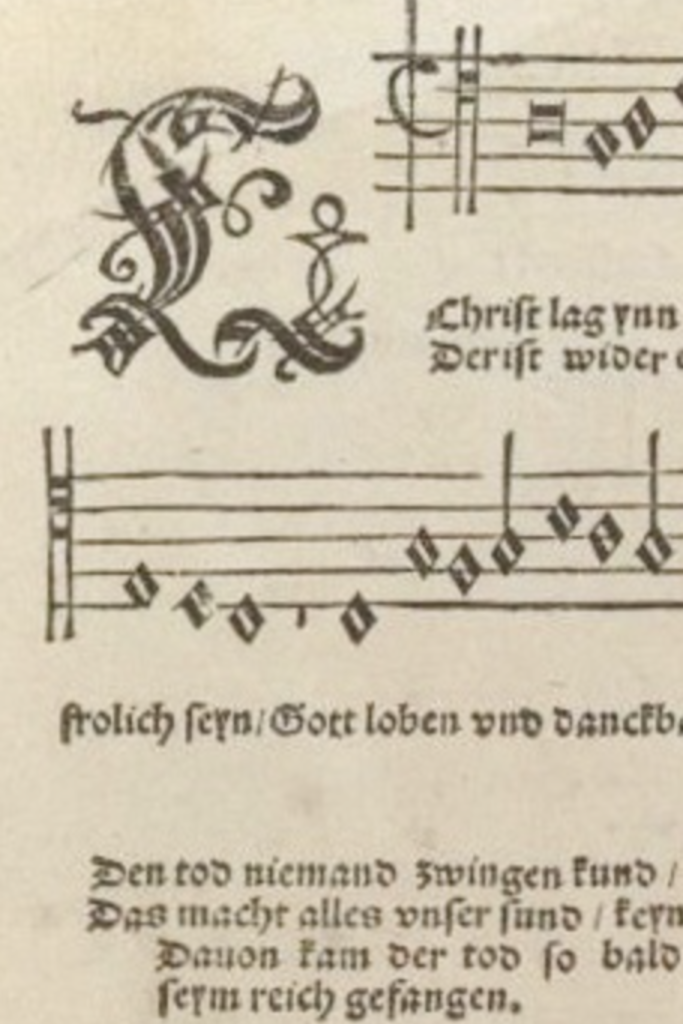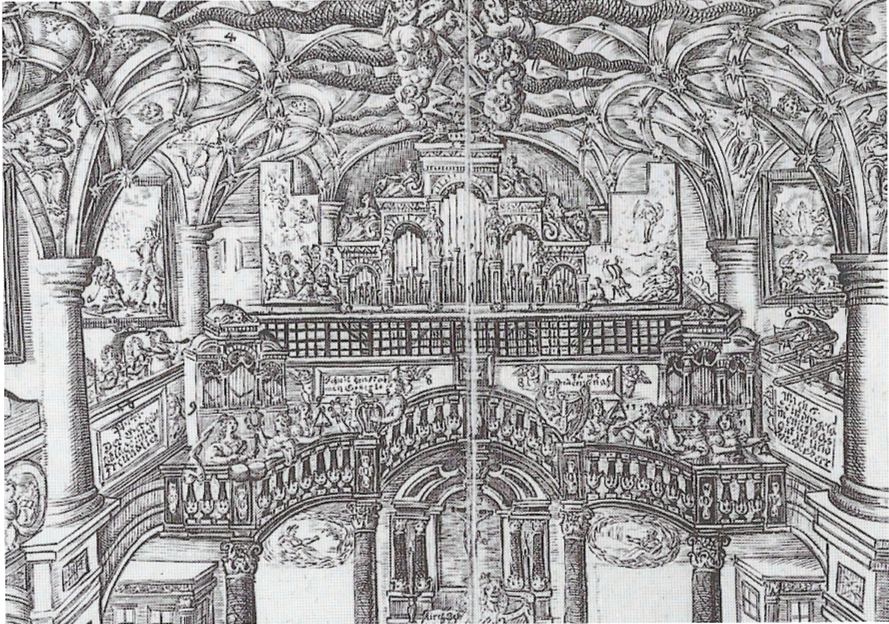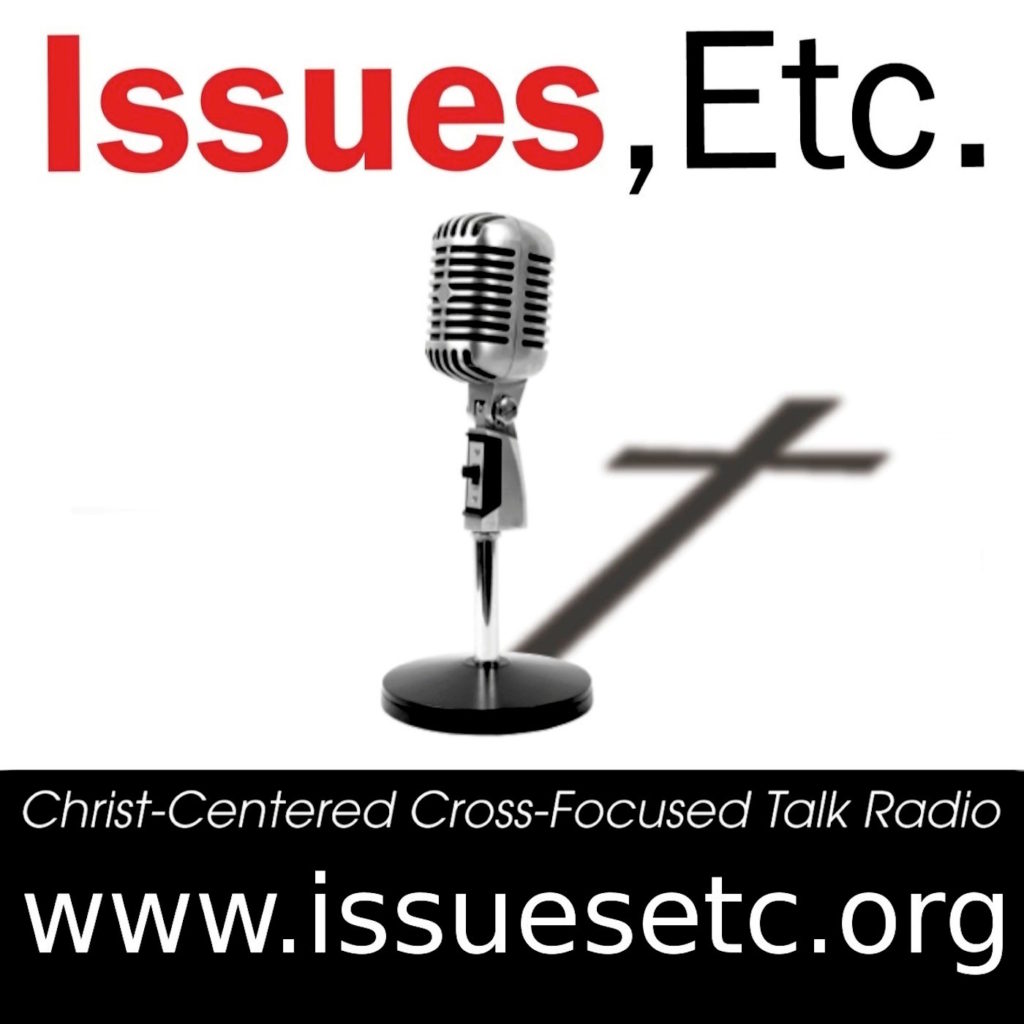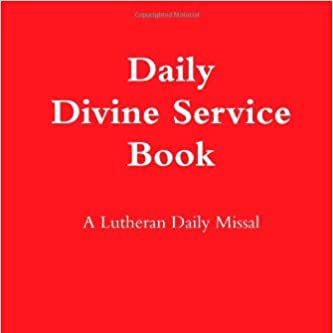The First Lutheran Kantor

One of the forefathers of Lutheran music and the “first Lutheran kantor,” St. Johann Walter was a close friend and colleague of Martin Luther and one of the earliest composers of the Lutheran Church. Born in 1496 in Kahla (modern-day Thuringia, Germany), Walter became known later in his career for his instruction of and assistance to the great reformer, becoming a key figurehead within the huge project of constructing new liturgies and hymns for the reformed Church.
Born into the peasant class, Walter studied music at a young age, showing great aptitude for the art of composition and improvisation. At the age of 21, Johann Walter was appointed the composer and cantor of Frederick the Wise’s chapel. In 1524, just one year before Frederick’s death in 1525, Walter went on to Wittenberg to work with Luther, becoming a key figure in the creation of the German Divine Service, the Deutsche Messe, produced in 1527. He also edited the first Protestant hymnal, Geystliches gesangk buchleyn, published in 1524 with a foreword by Luther and containing 43 polyphonic works composed by Walter himself.
The hymnal was quite popular when it was introduced to the Church, with Walter’s careful attention to musical and theological detail becoming a shining beacon among the early days of the Reformation. The hymnal became a model for future hymnal publications and was recommended for both home and church use. Moreover, it was the foundation on which J. S. Bach’s later art would flourish: Bach was inspired by Walter’s theological insight and deep piety, even using many of Walter’s original chorale melodies and texts within his own works.
Walter became the cantor in Torgau and later Dresden before his death on April 24, 1570. Beside his musical legacy, he is also well known for his shrewd navigation of the burgeoning and complex issues of the early years of the Lutheran Church. It was said that his “music is so interwoven with theology that he who studies theology must likewise study music….[as] music is not an art to induce pleasure, but an art to praise and glorify God.”

A Brief History
Since he has joined the ranks of foundational Lutheran figures, Johann Walter’s addition to the Lutheran liturgical calendar reminds us not only of his formative position within the early Lutheran Church but also of the profound way in which music has informed the Lutheran tradition.
The ways in which Walter walked alongside Luther and his friends in their Reformation to reform the liturgy would contribute greatly to the history of the Divine Service. Many hymns related to Walther are still included in our Lutheran Service Book, including “The Bridegroom Soon Will Call Us” (LSB 514), to which he wrote the words, and a variety of other hymns (LSB 332, 352, 406, 458, 505, 617, 755, 768, 938) that he included in his Geistliches gesangk buchleyn.
These works are familiar to many of us, and our continued appreciation of them as important pieces of our present hymnal is also a reminder of St. Johann Walter and the reverence he continues to display through his music 500 years after his death.
Collect
O Almighty God, who hast knit together Thine elect in one communion and fellowship in the mystical body of Thy Son Jesus Christ, our Lord: grant us grace so to follow Thy blessed saints in all virtuous and godly living, that we may come to the unspeakable joys which Thou hast prepared for those who unfeignedly love Thee; through the same, Jesus Christ, Thy Son, our Lord, who liveth and reigneth with Thee and the Holy Ghost: ever one God, world without end. Amen.
Lessons
Resources
Issues, Etc. interview with the Rev. Dr. Paul Grime on Johann Walter
Issues, Etc. interview with the Rev. Will Weedon on Johann Walter
Propers found in Daily Divine Service Book: A Lutheran Daily Missal, edited by the Rev. Heath Curtis
References:
1. Weedon, William. Celebrating the Saints. Concordia Publishing House. 2016.
2. G. B. Sharp. “The Fathers of Lutheran Music: I: Johann Walter.” The Musical Times 112, no. 154 (1971):1160-1061, 1063.
Images:
1. Christ lag in Todes Banden in Walters Chorgesangbüchlein, 1524
2. David Conrad, Dresden’s Schlosskapelle, Germany, 1676.
Some links might be affiliate links which means we may receive a small commission at no extra cost to you. As an Amazon Associate we earn from qualifying purchases.




[…] remains true on St. Johann Walter’s Day, especially since he is one of the most formative hymn composers of the Lutheran tradition. […]